Smoke detector and CO wiring question
Gurvy
11 years ago
Related Stories
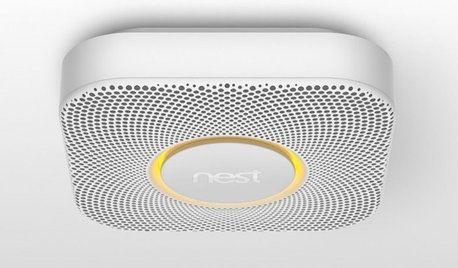
HOME TECHBetter, Smarter Smoke Detectors Push All the Right Buttons
No more bashing in that smoke detector with a broomstick at 3 a.m. — if you haven't already yanked it out. Welcome the new, civilized breed
Full Story
MOVINGHiring a Home Inspector? Ask These 10 Questions
How to make sure the pro who performs your home inspection is properly qualified and insured, so you can protect your big investment
Full Story
ORGANIZINGPre-Storage Checklist: 10 Questions to Ask Yourself Before You Store
Wait, stop. Do you really need to keep that item you’re about to put into storage?
Full Story
KITCHEN APPLIANCESLove to Cook? You Need a Fan. Find the Right Kind for You
Don't send budget dollars up in smoke when you need new kitchen ventilation. Here are 9 top types to consider
Full Story
MOST POPULAR10 Things to Ask Your Contractor Before You Start Your Project
Ask these questions before signing with a contractor for better communication and fewer surprises along the way
Full Story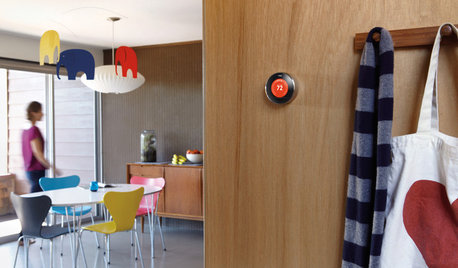
HOME TECHWhy Google Just Paid $3.2 Billion for a Company That Makes Thermostats
Smart home technology just got a new champion — and everyone is speculating about the reasons
Full Story
REMODELING GUIDESBanish Gizmo Blemishes on Your Walls
Unsightly switches, vents and outlets can ruin your interior design's clear complexion. Keep the look pure with an architect's tips
Full Story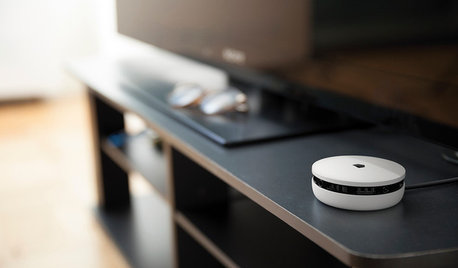
HOME TECHIn Rarefied Air: Meet 3 Cutting-Edge Home Sensors
These new all-purpose sensors send alerts to your smart phone about temperature, air quality and a whole lot more. Why not?
Full Story
MOST POPULAR8 Ways to Improve Your Grill Setup
Rethinking the old grilling station? Here’s how to pack more function and style into your backyard cooking zone
Full Story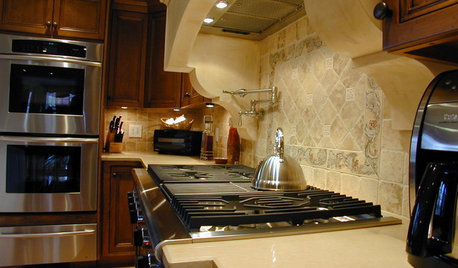
KITCHEN DESIGN8 Kitchen Design Tips for Foodies
If you own at least one pricey knife and have a slew of kitchen tools, you’ll want to read this
Full Story






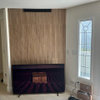
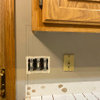
Ron Natalie
brickeyee
Related Professionals
Lexington Electricians · Anchorage General Contractors · Bellingham General Contractors · Browns Mills General Contractors · Cedar Hill General Contractors · Dunkirk General Contractors · Haysville General Contractors · Mira Loma General Contractors · New Bern General Contractors · Port Saint Lucie General Contractors · Baileys Crossroads General Contractors · Danville Solar Energy Systems · Norwich Solar Energy Systems · Teaneck Solar Energy Systems · Springfield Home Automation & Home MediaGurvyOriginal Author
Ron Natalie
jeepdrvr101
rwiegand
Ron Natalie
rwiegand
jeepdrvr101
brickeyee
Ron Natalie
alan_s_thefirst